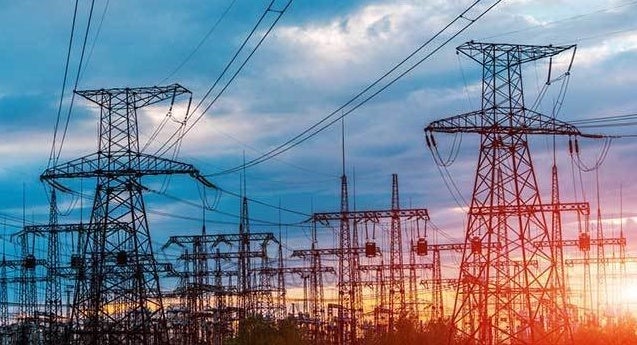The security of the electrical grid will be the subject of a two-day workshop at the University of Rhode Island on Oct. 18-19.
Titled “Cyber-Physical Systems Security,” the event will feature local and national experts from academia, industry and government. URI has been at the forefront of research in this field.
The workshop is free to attend, but registration is required.
Cyber-Physical Systems Affect Us All
When the bright lights of Midtown Manhattan suddenly went dark on July 13, 2019 for five hours, 73,000 customers were without power, 26 Broadway shows were cancelled and several subway lines were disabled. The incident served as another reminder of how vulnerable our power grid is to potential attacks.
National Expertise in Cybersecurity
“Professors and students in URI’s College of Engineering have been working on the critical challenges of smart grid security for many years, building our strengths and capabilities as one of the key figures in this critical area,” said Haibo He, URI Robert Haas endowed chair, engineering professor and co-chair of the workshop.
“Research has shown that the grid is quite vulnerable and it is of critical importance that this infrastructure is protected,” said URI Professor Yan Sun, who is co-chairing the event. “Some researchers have demonstrated that if key substations or power plants were targeted by cyber or physical attacks, it would cause significant blackouts or even knock down the entire U.S. grid.”
Sun referenced an attempt by hackers this year to scan for vulnerabilities in the U.S. power grid, which was covered by WIRED in June 2019. It was believed that the same hackers were behind a potentially lethal cyber-attack on an oil refinery in 2017.
Speaker Lineup
On the first day of the workshop, keynote addresses, panel discussions and poster sessions will center around how advancements in science and technology are being used to mitigate threats. How to address a shortage of qualified professionals in the field of cyber-physical systems security will be the topic on the second day.
“Securing the grid is a complicated, multi-faceted challenge, which will require new fundamental research, technology development and adoption, student training, and workforce development,” said He.

Keynote speakers will include:
- Mukund Ravipaty, director, Enterprise Security Architecture, National Grid
- Michele Andersen, program manager, Office of Naval Research
- Gwen Holdmann, director, Alaska Center for the Energy and Power
- Chen-Ching Liu, director, Power and Energy Center, Virginia Tech
- Erik Brine, executive director, National Institute for Undersea Vehicle Technologies
- Arun Shukla, co-director, National Institute for Undersea Vehicle Technologies
- Richard Christenson, co-director, National Institute for Undersea Vehicle Technologies
- Molly Donohue Magee, executive director, Southeastern New England Defense Industry Alliance (SENEDIA)/Maritime Cybersecurity Center/Undersea Technology Innovation Consortium
- Dave Kring, senior vice president of Science and Technology, Navatek LLC
- Anthony R. Shaw Jr., scientist, Naval Information Warfare Center Pacific (NIWC Pacific)

